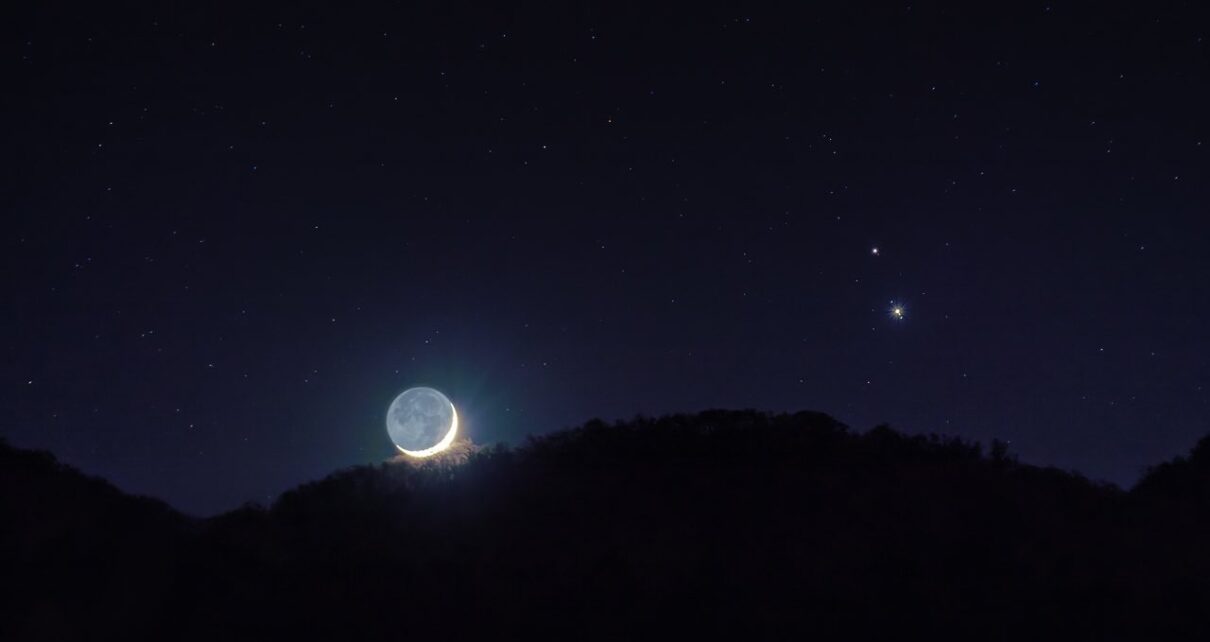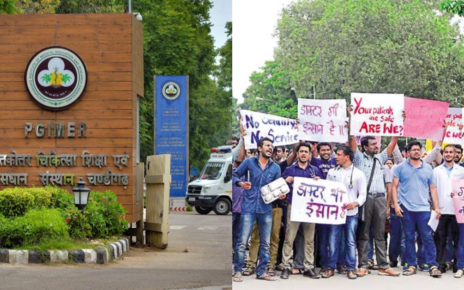Skywatchers are gearing up to watch a rare spectacle in the evening sky tonight, when two bright planets — Saturn and Jupiter — will come in close conjunction after 367 years, the first such event since 1623 and nearly 800 years after the alignment of Saturn and Jupiter occurred at night. The planets will be separated by just 0.1degrees. Today, December 21, also marks the winter solstice in the Northern Hemisphere. It is the longest night of 2020.
The Great Conjunction of Saturn and Jupiter is a rare astronomic event when the two planets will nearly overlap to form a “double planet”. Jupiter and Saturn are in conjunction when they have the same right ascension or celestial longitude. This is what is referred to as a ‘Great Conjunction’, signifying the rarity of the union because unlike conjunctions with the other bright planets, these two don’t get close as often.
“By 7:30 pm, both the planets Saturn and Jupiter will be visible low on the horizon as they will set down like the sun,” said Dr Yashwant Gupta, Director of National Centre for Radio Astrophysics.
Saturn will be the smaller, fainter blob at Jupiter’s upper right. Binoculars will be needed to separate the two planets.
As the fifth planet from the sun, Jupiter is the largest in the solar system, as a gas giant with a mass one-thousandth of the Sun. As the sixth planet from the sun and second largest in the solar system, Saturn is a gas giant with an average radius of nine times that of earth.
An astronomer in the Planetary Science Division at National Aeronautics and Space Administration (NASA) Headquarters in Washington Henry Throop said, “The date of the conjunction is determined by the positions of Jupiter, Saturn, and the Earth in their paths around the Sun, while the date of the solstice is determined by the tilt of Earth’s axis. The solstice is the longest night of the year, so this rare coincidence will give people a great chance to go outside and see the solar system.”
Where to watch it?
Bengaluru’s Jawaharlal Nehru Planetarium will host the conjunction of the two stars online at their website – taralaya.org or on the Facebook and Youtube channel of the planetarium. Nehru Planetarium in Delhi will also webcast it on their official website – nehruplanetarium.org.




